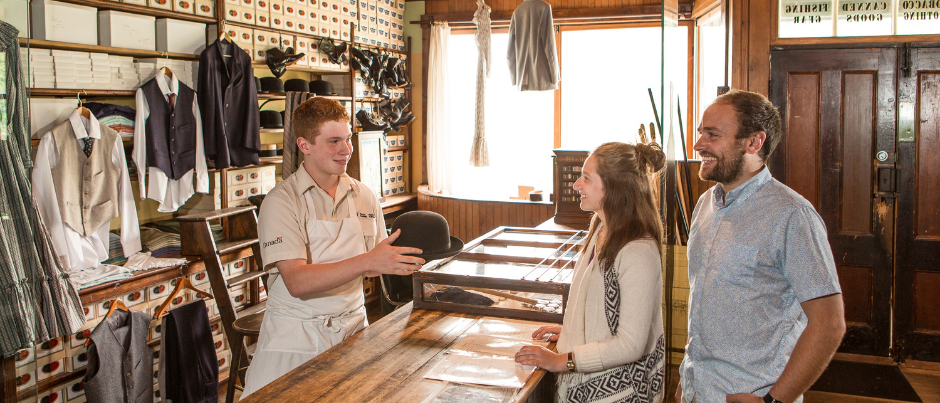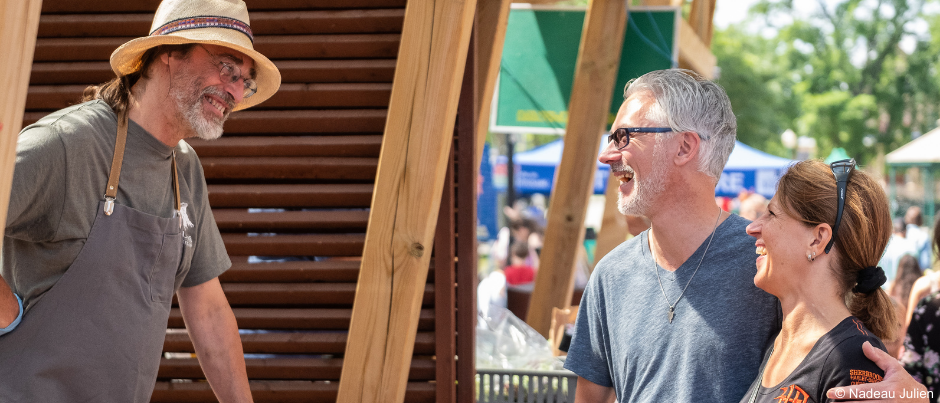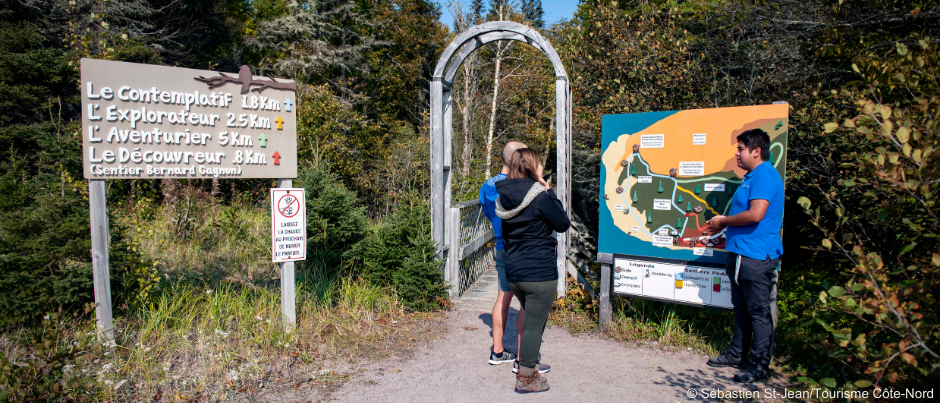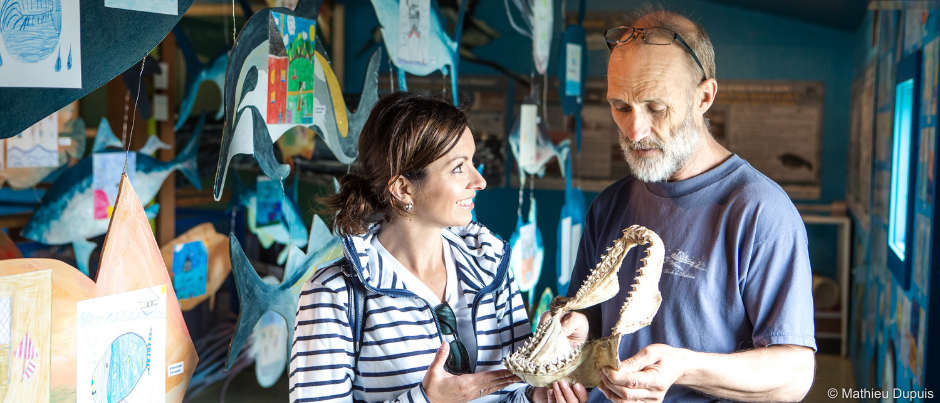The Québec maritime Blog

-
Parc national Forillon, Gaspésie
Mathieu Dupuis
Travelling as an Anglophone in Eastern Québec
The maritime regions of Québec are among my favourites in the province. Bas-Saint-Laurent has charming towns, rich marine history and an array of regional flavours. Gaspésie has historic lighthouses, wildlife and stunning national parks. Côte-Nord’s rugged and bracing landscapes include Anticosti Island, the Manicouagan Reservoir and the Mingan Archipelago. The Îles de la Madeleine is where French, English and Acadian cultures interweave, creating a vibrant East Coast destination.
The maritime regions of Québec are rich in Québécois history and culture. Deeply French and intriguing. There is an eagerness to commune with nature and enjoy products and foodstuffs produced locally. These are a few of the reasons why I love spending time in Eastern Québec. The other is the language.

There is a common misconception in Canada that travelling to Québec as an anglophone is difficult. If you don’t speak French, don’t travel past Montréal because the locals are rude and don’t understand English. Unfortunately, these rumours keep many from visiting regions like Bas-Saint-Laurent, Côte-Nord, Gaspésie and the Îles de la Madeleine.
The truth is that, while it can be challenging to find English speakers, the locals are far from rude. In fact, Quebecers are some of the friendliest people I know.

Over the last 10 years, I have travelled often to the maritime regions of Québec. I order slowly at restaurants, trying my best to pronounce everything correctly. Opening Google Translate on occasion when I am desperate to understand something or someone.
As an anglophone living in (and travelling around) Québec, I always assume I’m the only English speaker in the room. Using the French words and phrases I’m comfortable speaking and relying on my charm to get through the rest. It usually works quite well. Sometimes, however, a local will surprise me, pridefully declaring they can speak some English, as a smile spreads across their face. At times, it feels as though I’ve won the language lottery, then I’m back to racking my brain for the correct words. Ah, Québec, always keeping me on my toes!

Similar to French education in Canada, English education in Québec varies greatly from region to region. Over the last 30 years, however, English education has grown in the province. In tourist centres, hotels and attractions, there will be staff who can speak English. Often in shops, restaurants and bars too.
I always begin my interactions with locals in French. Saying “Bonjour! Désolé, ma française c’est très mauvais” (“Hello! Sorry, my French is very bad”). It’s generally a good icebreaker and a quick way to find out if they can speak English. If they don’t, then it’s time to dig deeper into my memories of high school French, pull out a translation app or text a friend.
Honestly, it’s the times when I have to speak French that I enjoy the most. In those moments I’m vulnerable, my brain relaxes, and I connect better with my surroundings and the people I’m trying to communicate with. I’m living in the moment. I’m present.

French is not intimidating or scary. It’s a language, a people, a cuisine, a culture and an important part of Canada’s overall identity.
Come to Eastern Québec and do a deep dive into its French heritage. Embrace speaking French badly and fumbling your way through a conversation. Leave yourself vulnerable and open. It’s the best way to experience the maritime regions of Québec. You may end up loving this magical part of Québec as much as I do.

(2) comments
Pete
Very good article with facts being quite true.
Lorie Sloan
Thanks! You make it sound not quite so scary to travel to a part of Canada that I would love to explore!